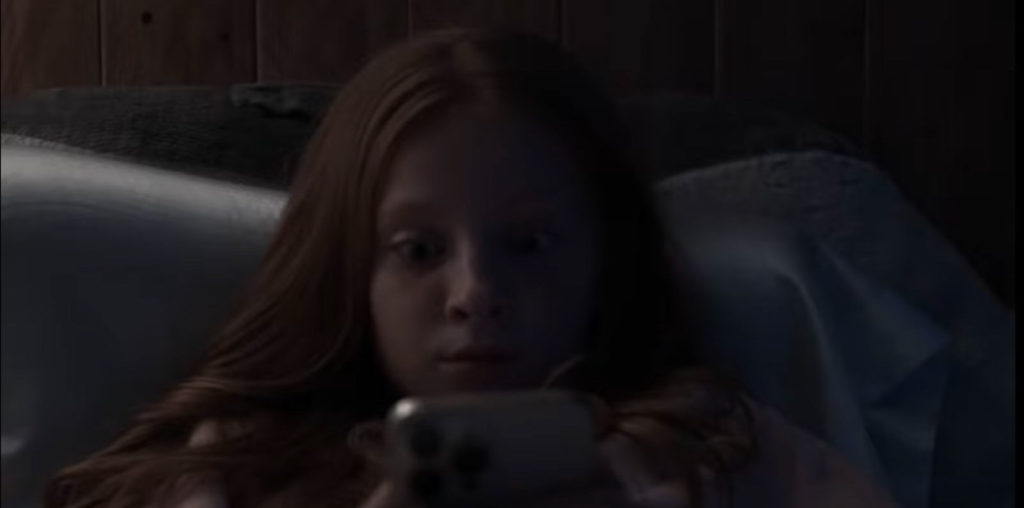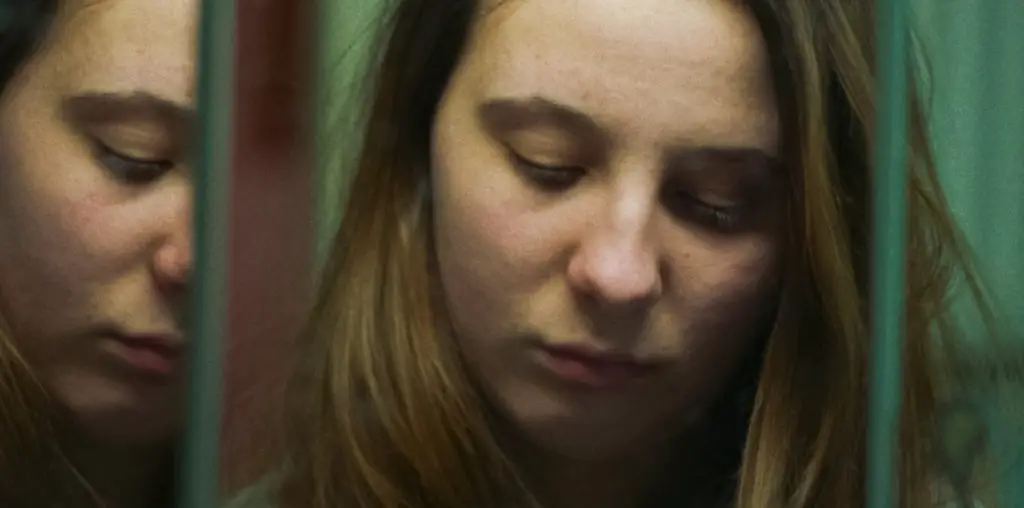
On paper, On Chesil Beach appears to possess all the trappings of a lasting British period romance. It’s positioned in a picturesque seaside setting, based on Booker-nominated source material, helmed by a decorated theatre director (Dominic Cooke), and fronted by talented, charismatic leads. However, the film can’t help but feel emotionally stunted, too indecisive to truly cultivate the thematic seeds it has planted. Set on the eve of the sexual revolution of the 1960s, On Chesil Beach, to varying degrees of success, tries its hand at exploring asexuality in an era of strictly defined bedroom politics.
Written by Ian McEwan, adapting his own novella of the same name, the film follows a couple who’ve just embarked on their honeymoon (Saoirse Ronan, no stranger to McEwan adaptations, and up-and-comer Billy Howle) as they clumsily attempt to navigate their first evening as man and wife. Through a series of interspersing flashbacks, we are shown that during their klutzy, formal courtship, Florence (Ronan) and Eddie (Howle) have avoided all but the most modest physical affection toward one another. With the pressures placed on their wedding night, the newlyweds quickly learn the depths of their sexual disconnect.

“…follows a couple who’ve just embarked on their honeymoon as they clumsily attempt to navigate their first evening as man and wife.”
Romantic partners often lack the confidence (and the vocabulary, for that matter) necessary to articulate their feelings to one another, which, as we see here, typically leads to excruciatingly awkward scenarios. Unfortunately, On Chesil Beach feels just as restrained as its repressed characters, too timid to say what’s actually on its mind. McEwan’s script drops nuggets of exposition that are rapidly glossed over as if their resolutions were left on the cutting room floor. We are given a brief flash that suggests Florence was molested as a child (which aims to explain her attitude toward sex as an adult), but the unsettling implications of that worldview are never fully explored or even mentioned again.
Even if we give On Chesil Beach the thematic benefit of the doubt that is a brilliant exercise in extreme subtlety, Cooke seriously botches the landing. We are spoonfed a rushed epilogue, complete with latex old-age makeup, that plays like a Saturday Night Live parody of a generic period melodrama. Our characters’ journey is boiled down to a single bland, gag-inducing image that completely undermines their struggle. It is a cheap formulaic ending that will only be remembered by those who take pleasure in mocking it.

“…a single bland, gag-inducing image that completely undermines their struggle.”
The film’s chief asset is, without a doubt, its jaw-dropping imagery. American-born British cinematographer Sean Bobbitt (Hunger, 12 Years a Slave) finds the grandiose beauty in every scene, whether he’s framing the sprawling English seaside or a quaint, claustrophobic hotel room. Combining form and function, Bobbitt uses the fickle British weather to coincide with the rocky relationship of Florence and Eddie, as warm coastal vistas transform into stormy skies without warning.
Outside of Bobbitt’s lush cinematography and the budding chemistry of Billy Howle and Saoirse Ronan, On Chesil Beach rarely makes a compelling argument for its own existence. For a film surrounding the intricacies of young love, Dominic Cooke’s debut lacks emotional awareness. Neither its characters nor its message rise beyond a surface-level understanding. It’s beautiful from a distance, but it is missing the zeal needed to properly explore the perplexing dilemma at its center.

On Chesil Beach (2018) Directed by Dominic Cooke. Written by Ian McEwan. Starring Saoirse Ronan, Billy Howle, Emily Watson, Anne-Marie Duff, Samuel West, Adrian Scarborough, and Bebe Cave.
5 out of 10


